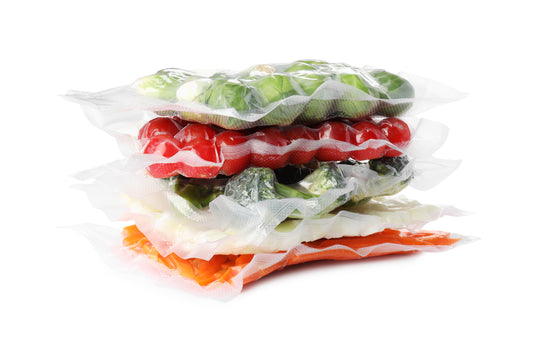Master Sustainable Flexible Plastics Packaging: Solve Material, Technical & Cost Challenges

Course Description
Are your flexible plastics packaging designs failing sustainability tests?
Many flexible plastics packaging solutions struggle with recyclability, lightweighting, or switching to bio-based options – leading to higher costs, compliance issues, and negative environmental impact. Design complexities, material selection challenges, and regulatory pressures (EPR laws) make achieving sustainability a daunting task. But it doesn't have to be this way. .
Our course helps you avoid these challenges with a clear, actionable approach. You will gain a deep understanding of the sustainability principles specific to flexible plastics packaging – from choosing the right plastics, polymer, resin materials to designing for recyclability, compostability, and minimal environmental impact.
This course delivers on its promise through:
- Strategic Material Selection: Learn how to choose the right materials based on key factors (dimensional stability, thermal stability, bubble stability during film blowing etc.)
- Practical Insights: Real-world examples, case studies, and hands-on strategies to solve your flexible packaging challenges.

Barry A. Morris
Why should you view this course?
Who should join this course?
-
This course is suitable for intermediate level proficiency
Intermediate
Questions you will be able to answer after this course:
Course Outline
Prerequisites for this course
30 min Q & As for this course


